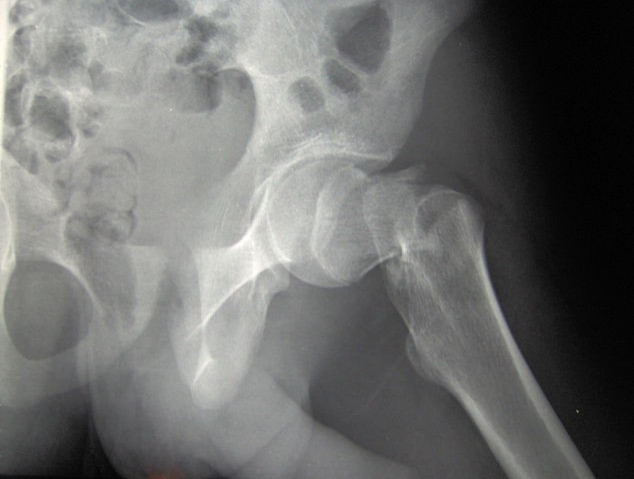Fewer Hip Fractures After Cataract Surgery

(Reuters Health) - In a new study of older adults with cataracts, people who had surgery to improve their vision were less likely to fracture a hip in the next year compared to those who didn't get surgery.
The findings don't prove vision-improving procedures prevent falls or breaks in elderly people. But they do suggest eyesight plays a role in those accidents and injuries, researchers said.
"It is true that you use your vision to kind of help you balance yourself," said ophthalmologist Dr. Anne Coleman from the University of California, Los Angeles, who worked on the new study.
Depth perception and contrast sensitivity are both known to affect the risk of falling, for example, she told Reuters Health.
A cataract is a clouding of the eye's lens that often happens in old age. More than three million cataract surgeries - in which the original lens is removed and replaced with an artificial one - are done in the U.S. each year.
Cataracts especially cause a problem with seeing contrast, according to Coleman.
In the new study of more than one million people on Medicare who were diagnosed with cataracts, 37 percent had procedures to improve their vision between 2002 and 2009.
Based on records from the Centers for Medicare & Medicaid Services, 1.3 percent of people in the study broke their hip during that period and 5.4 percent had any type of fracture.
When Coleman and her colleagues accounted for the older age and worse general health of people who got cataract surgery, they found those individuals had a 16 percent lower chance of fracturing a hip and a five percent lower risk of all fractures compared to people who opted against surgery.
Among people on Medicare with severe cataracts, vision-improving procedures were tied to a 23 percent lower chance of hip fracture, the researchers reported Tuesday in the Journal of the American Medical Association.
'OTHER CONSEQUENCES'
Hip fractures are especially worrisome in the elderly because many people never regain their mobility and independence after the injury.
"Fracturing a hip is at the tip of the iceberg. There are a lot of other consequences" to poor eyesight in older adults, according to Gerald McGwin, who has studied the effects of cataract surgery at the University of Alabama at Birmingham.
"You can imagine that for an older adult, just the act of falling - even if you don't fracture your hip - could certainly result in some fear... and then people tend to reduce their mobility," he told Reuters Health.
McGwin's own research suggests elderly people also get in fewer car accidents after having surgery to remove a cataract.
Coleman told Reuters Health the choice of whether or not to get cataract surgery is ultimately up to the patient, and people who aren't worried about their vision shouldn't necessarily have a cataract removed.
But for the more "visually disabled," she said, the new findings are more evidence cataract removal is a good idea.
"It's worth it to get it taken care of, instead of just accepting that you have decreased vision because you're older," Coleman said.
Still, McGwin, who wasn't involved in the new study, said he doesn't think it will have a significant impact on people's decision to have their cataracts removed. Instead, a lower fracture risk could be an added benefit for people who are already planning to get surgery.
"No one who before today was not going to have cataract surgery is all of a sudden going to have it because they're less likely to get a hip fracture," he said. "People have it to improve their vision."
The procedure comes with a risk of infection, like other surgeries, but is typically very safe, Coleman said. Cataract surgery typically runs for about $3,000.
SOURCE: bit.ly/JjFzqx Journal of the American Medical Association, online July 31, 2012.
© Copyright Thomson Reuters 2024. All rights reserved.





















